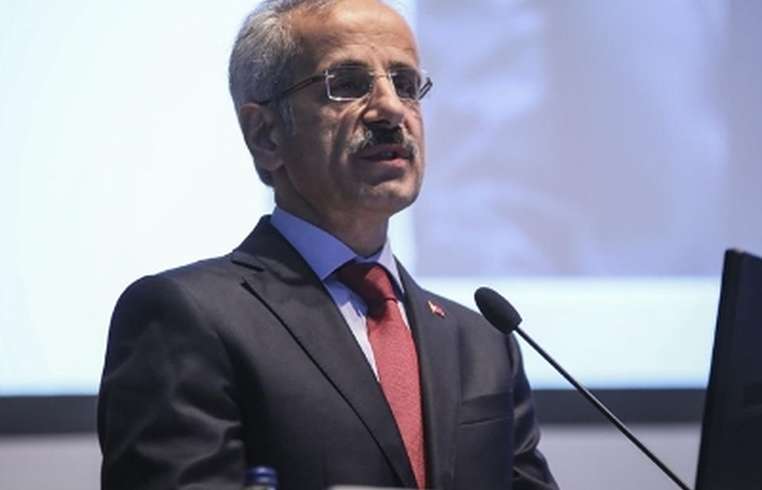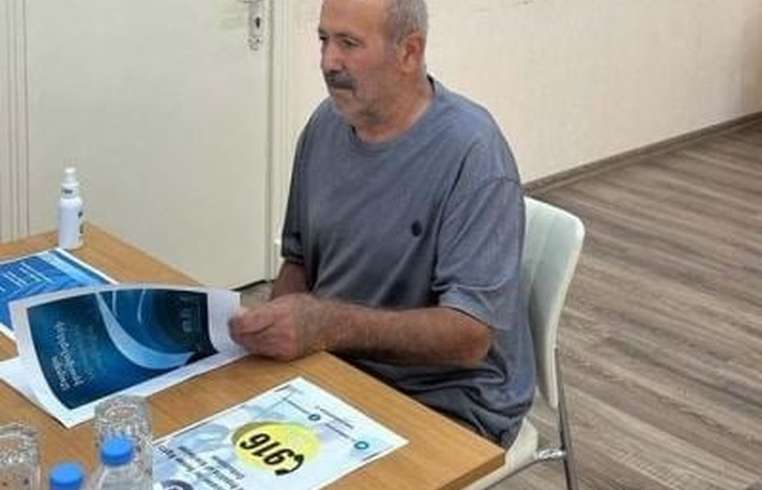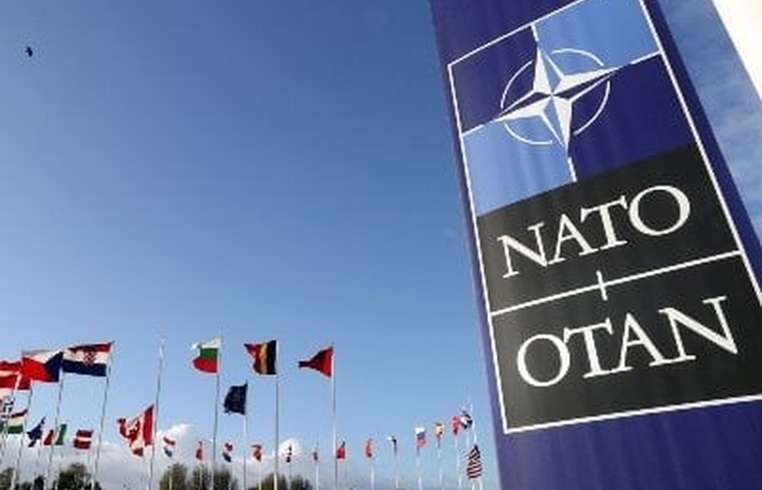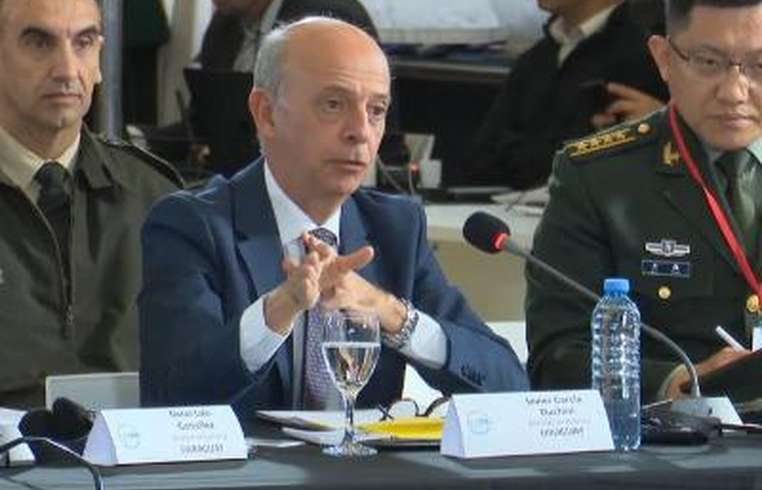
News - Ombudsman: There are 20 Armenians left in Nagorno-Karabakh
Business Strategy
Ombudsman: There are 20 Armenians left in Nagorno-Karabakh

During the Azerbaijani military aggression of September 19-20, 2023, a total of 223 Artsakh (Nagorno-Karabakh) residents were killed, of which 21 were civilians and 6 were children. This was announced by Artsakh Human Rights Defender (Ombudsman) Gegham Stepanyan during a panel discussion at the American University of Armenia. "Another 238 people were killed as a result of the explosion at the fuel depot near [Artsakh capital] Stepanakert, which, if not directly, is indirectly related to the [aforesaid] aggression and chaos," Stepanyan added, saying that the fates of 21 people after the military operations and of 20 people as a result of the explosion are still unknown. According to him, Azerbaijan rejects attempts to resume search operations at the site of the explosion, violating the agreements in every possible way, and Armenia does not raise these issues in the negotiations. "For me, as an ombudsman, there are four important topics: social and humanitarian problems of displaced persons, work towards return, fate of [Armenian] prisoners [in Azerbaijan] and their release, preservation of the cultural and historical sites of Nagorno-Karabakh. I would like to focus on one more matter. It is officially said that 102 thousand Artsakh residents arrived in the Republic of Armenia. Let me make it clear that so many people arrived after the aggression of September 19, 2023. Until the war of 2020, 145 to 150 thousand people lived in Artsakh. Basically, the rights of those who fled from Hadrut, Shushi, and [many] other [Artsakh] settlements are ignored. Now there are [only] 20 Armenians left in Artsakh. We have information about the conditions they live in. In order to move in Stepanakert, they have to get permission from the Azerbaijani occupation forces; and police points have been placed near their houses to monitor them. This is what was awaiting the people of Artsakh and why they left their homeland," Stepanyan emphasized. Regarding obtaining Armenian citizenship, Stepanyan noted that most of the displaced Artsakh residents are not inclined to obtain it for one reason or another, including the matter of returning later. Citing official data, the Artsakh ombudsman noted that only about 10,000 Artsakh residents have jobs in Armenia, and people with intellectual work are a minority, which will eventually lead to the outflow of Artsakh residents from Armenia, and the programs implemented by the Armenian authorities are extremely insufficient, as is the international aid given to refugees. In this regard, he proposed to hold a donors' conference, which will help the people of Artsakh to stand up on their feet again. The Artsakh ombudsman underscored the importance of preserving the identity of the people of Artsakh. "I especially want to emphasize that it is not about separatism [as Azerbaijan claims], but about the preservation of identity, for which no one can be blamed," explained Gegham Stepanyan. And speaking about the preservation of cultural heritage in Artsakh, he noted that this is a serious problem, it is politicized, and the Azerbaijani authorities refuse to work together with international organizations in this regard. "We can monitor the situation only through the satellite," added Stepanyan.






